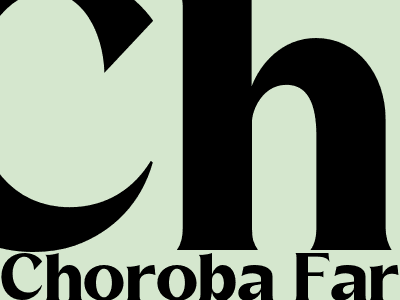
A Deeper Dive into Choroba Farerska
What is Choroba Farerska?
Choroba Farerska, also known as Faroese chorea, is a rare genetic disorder that affects the nervous system. It is characterized by involuntary movements, muscle weakness, and difficulty speaking and swallowing.
Symptoms of Choroba Farerska
The symptoms of Choroba Farerska can vary from person to person, but some of the most common symptoms include:
- Involuntary movements, such as tics, tremors, and chorea
- Muscle weakness
- Difficulty speaking and swallowing
- Behavioral problems, such as aggression and irritability
- Intellectual disability
Causes of Choroba Farerska
Choroba Farerska is caused by a mutation in the TAF1 gene. This gene is responsible for producing a protein that is involved in the development of the nervous system. The mutation in the TAF1 gene disrupts the production of this protein, which leads to the development of Choroba Farerska.
Treatment for Choroba Farerska
There is no cure for Choroba Farerska, but there are treatments that can help to manage the symptoms. These treatments may include:
- Medication to control involuntary movements
- Physical therapy to improve muscle strength and coordination
- Speech therapy to improve speech and swallowing
- Behavioral therapy to help manage behavioral problems
Outlook for Choroba Farerska
The outlook for Choroba Farerska varies from person to person. Some people with the disorder may have a relatively mild form of the disease and live a relatively normal life. Others may have a more severe form of the disease and may require lifelong care.
Where can I learn more about Choroba Farerska?
There are a number of resources available to learn more about Choroba Farerska. Some of these resources include:
- The National Institute of Neurological Disorders and Stroke (NINDS)
- The Choroba Farerska Society
- The Faroese Health Service